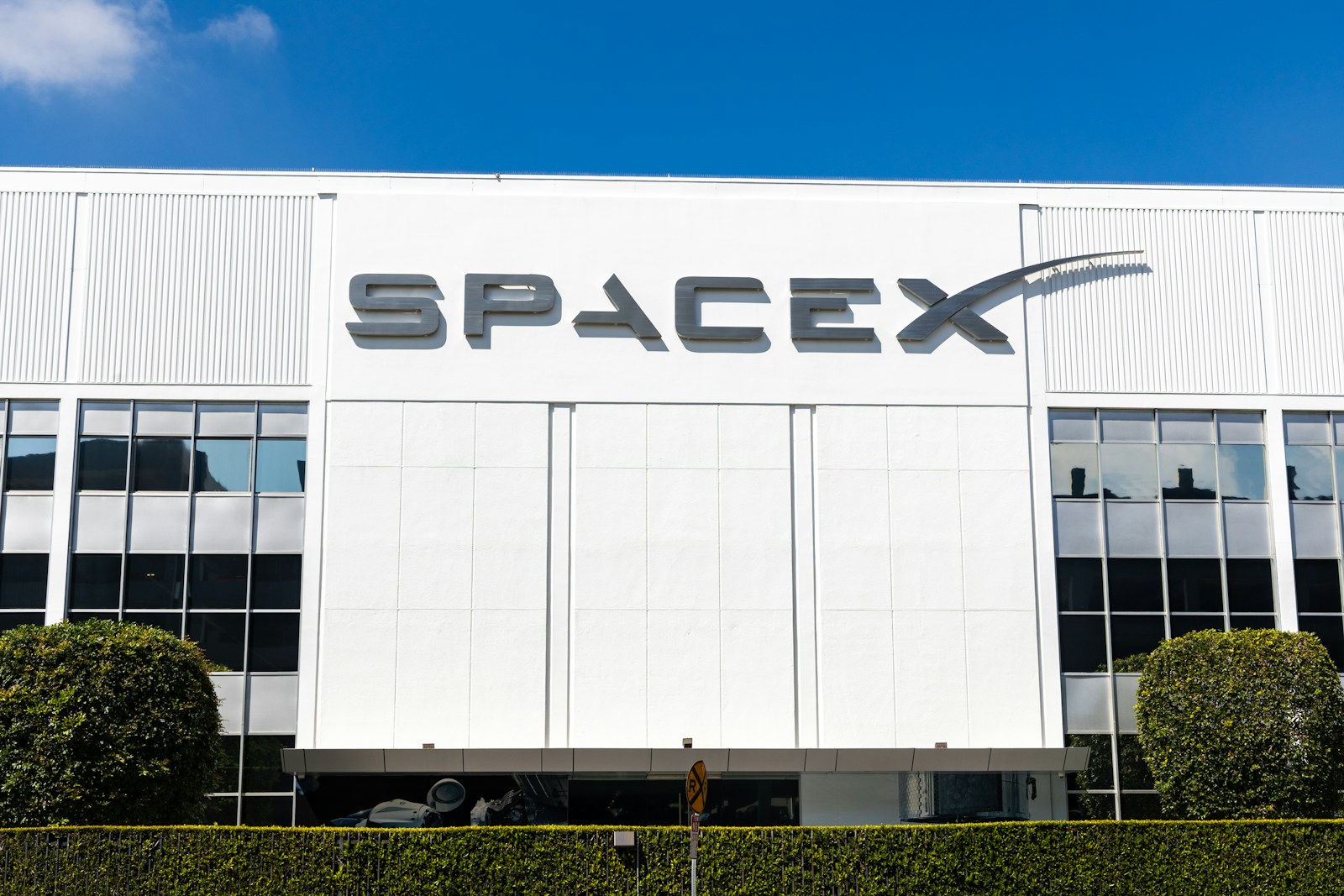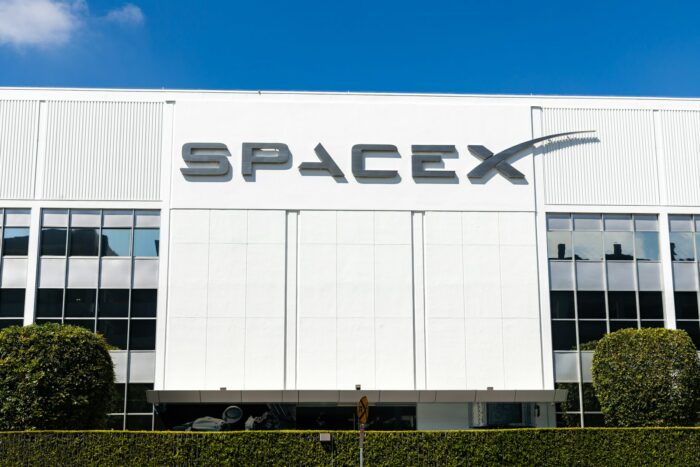Peter Beck, the founder and CEO of Rocket Lab, has an ambitious vision for his company as one of the emerging leaders in the new commercial space age. Originally started in New Zealand in 2006 and now with major operations in the United States as well, Rocket Lab aims to be a “one-stop shop” for getting satellites and other spacecraft into orbit through their rocket and spacecraft components business.
In a recent interview, Beck stressed that the space industry is still in its infancy despite the rapid progress of recent years.
“We are at the beginning of the democratization or the commercialization however you want to say it of the industry,” he began, “like you called it three decades ago when we were all just standing in front of giant, you know, government rockets.”
Rocket Lab has already achieved major milestones, including delivering over 150 satellites to orbit on the Electron rocket. But Beck believes the most transformative space applications have yet to be conceived.
“The biggest idea to happen into space has not been thought of yet. I truly believe that the biggest application is yet to be thought of let alone executed,” said Beck.
As a vertically-integrated space company, Rocket Lab designs and manufactures every major component from rockets to spacecraft.
“What makes us even more unique is we don’t just build spacecraft we build the majority of the components that go into the spacecraft,” Beck explained. This vertical integration is key to Rocket Lab’s vision of providing holistic “space as a service” offerings in the future.
Beck contrasted Rocket Lab’s “lean and efficient” approach with competitors that have raised exponentially more funding.
“I often find myself up on the stage with a lot of the other rocket CEOs and I look down the stage and generally I’m the only non-billionaire sitting on the stage,” he said. “At Rocket Lab we have no money so we have to think and we can’t outspend our competitors.”
Despite the constraints, Rocket Lab has achieved rapid launch cadence competing with only SpaceX. Beck stated: “I can tell you that our 20th rocket was like at least 100 times [harder] to build than our first rocket.”
As Rocket Lab transitions to develop its larger reusable Neutron rocket to compete with SpaceX’s Falcon 9, Beck sees opportunity in leveraging Rocket Lab’s experience building the smaller but more complex Electron.
“With a small rocket [there are] so many things that don’t scale…with a small rocket you have a $7–8 million sticker price so you can’t have a 50-person quality team,” he said.
Beck’s ambition is to make Rocket Lab a prime enabler of the “democratization of space” that he believes is still just beginning to unfold. While the details are still taking shape, the ultimate potential is immense in Beck’s view. “We are literally opening an entirely new domain.”
Featured image: Credit: OPTO
Share this article:










